San Antonio de los Alemanes
The little church's beautifully frescoed ceiling has earned it the nickname “the Sistine Chapel of Madrid.”
Unassuming from the outside, this small building goes unnoticed to most people who walk down Gran Via Avenue. Yet right behind this important artery of the city of Madrid, there is a church whose austere façade reveals no clue as to the spectacularly beautiful baroque interior.
Inside the church, the domed ceiling and the walls are richly decorated with frescoes, leading it to be dubbed “the Sistine Chapel of Madrid.” The elaborate frescoes depict the life and miracles of the titular saint of the church, St. Anthony of Padua.
Built in the 17th century, this church initially served as a hospital for Portuguese citizens who came to Madrid while Portugal was under Spanish rule. After Portuguese independence, it was dedicated to German pilgrims and its name was changed to the current name, Iglesia de San Antonio de los Alemanes (Church of Saint Anthony of the Germans).
Around 1660, the church’s dome began to be painted according to sketches by the Italian artists Coloma and Mitelli. The frescoes were started two years later, painted by Carreño de Miranda and Francisco de Rizzi, commissioned King Felipe IV of Spain.
A fresco of St. Anthony of Padua, a Franciscan born in Lisbon in 1195, occupies the most important place in the dome. He is depicted kneeling on a cloud receiving the Child Jesus and Virgin Mary with open arms. The different miracles of the saint are represented along the entire upper level of the church, while several sainted kings from history are represented below them.
Under the church, there is a curious crypt with several niches that house corpses of the Spanish royal family, some dating back to the Middle Ages. Nearby there are more niches, where children and some unknown bodies were laid to rest.
Know Before You Go
The nearest tube station is Gran Via. Take Valverde St. and then take the third street on the left (Calle Puebla).
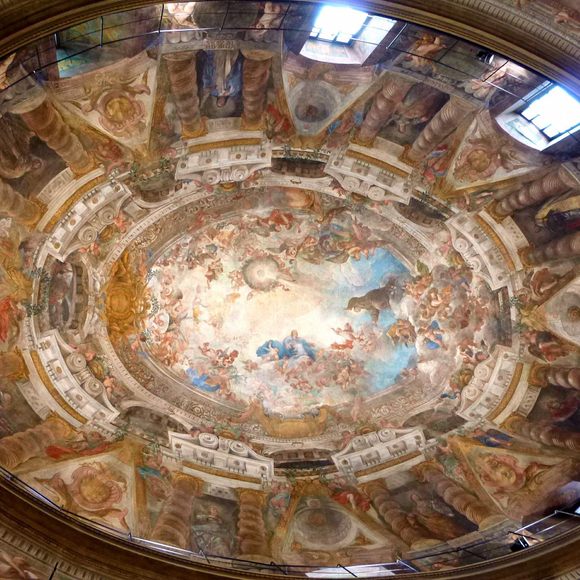

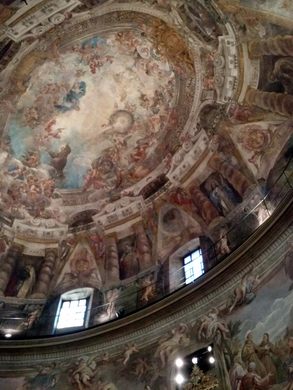

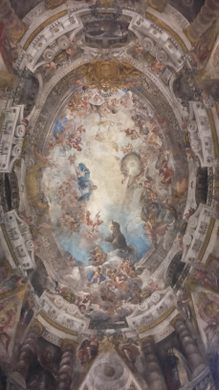
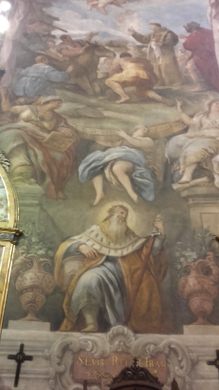
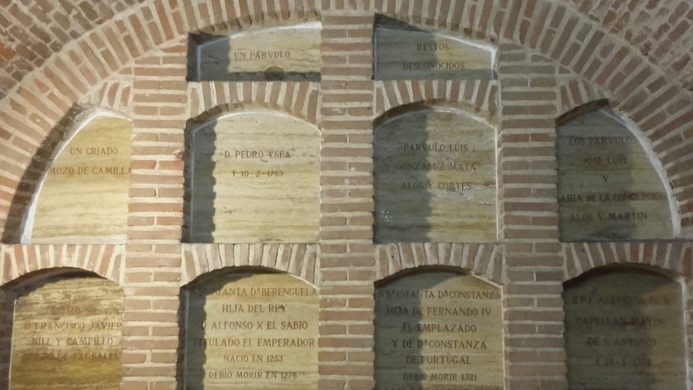












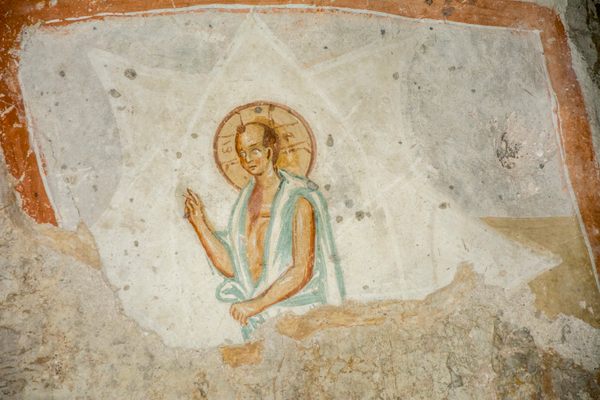
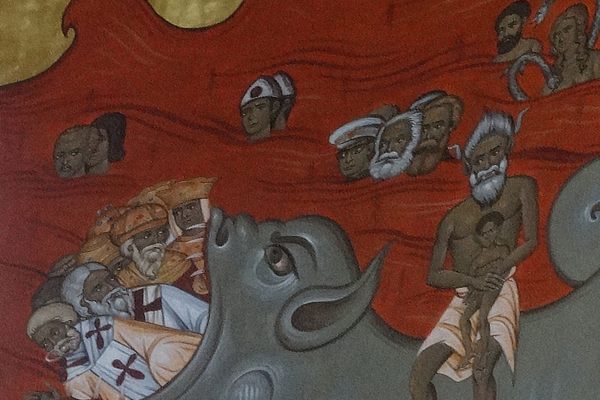
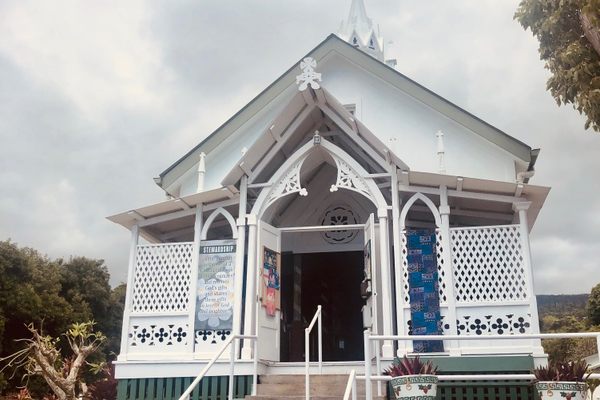

Follow us on Twitter to get the latest on the world's hidden wonders.
Like us on Facebook to get the latest on the world's hidden wonders.
Follow us on Twitter Like us on Facebook